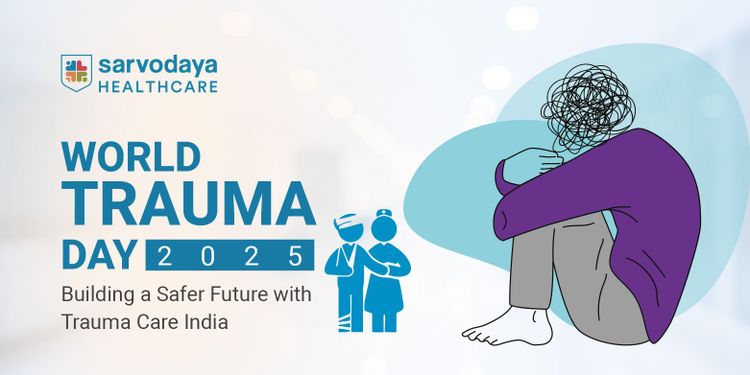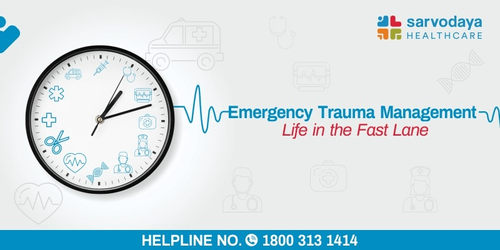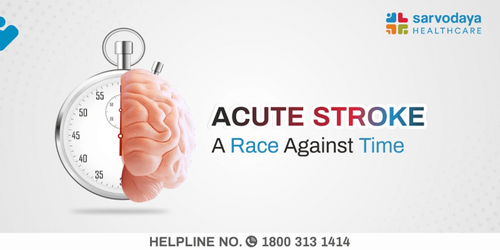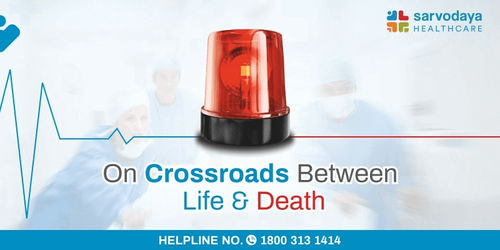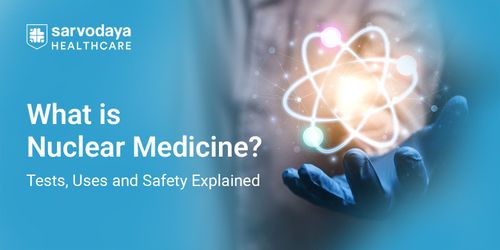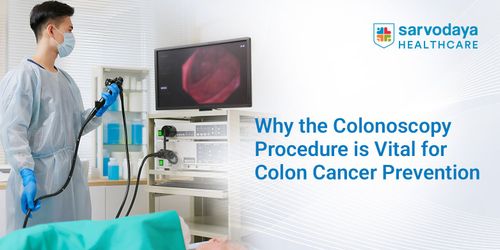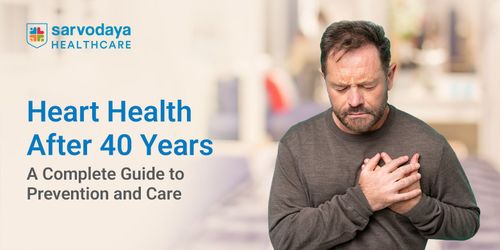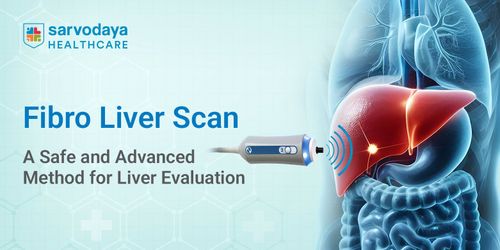Every year, thousands of lives are lost globally due to accidents, injuries, and unexpected emergencies. World Trauma Day 2025 serves as a reminder that trauma is not only a medical condition but a public health challenge that requires urgent attention. The theme emphasises the importance of timely action, awareness, and efficient medical care, which are crucial in saving lives and preventing long-term complications.
In this blog, we discuss the importance of trauma awareness, the impact of trauma on individuals and society, and the role of emergency response in improving survival chances.
Understanding Trauma and Its Impact
Trauma refers to a serious injury or shock caused by accidents, falls, violence or natural disasters. It can be physical, such as fractures, head injuries or burns, or psychological, leading to emotional distress and post-traumatic stress disorder. Regardless of its type, trauma has a profound and long-lasting effect on people’s lives.
The impact of trauma in India is particularly concerning. Road accidents are one of the leading causes of trauma, with thousands of deaths reported every year. Falls, workplace accidents and natural calamities add to the growing burden. The consequences of trauma are not only physical but also extend to emotional suffering and financial strain on families.
Importance of Early Trauma Care and Emergency Response
The first hour after a traumatic incident is often referred to as the golden hour. Immediate action during this period can mean the difference between life and death. Emergency response teams play a vital role in stabilising patients and preventing further complications.
Effective trauma care requires:
- Rapid transport to a critical care hospital equipped with modern facilities
- Skilled intervention by a delhi critical care specialist or trauma specialist
- Immediate availability of surgical and rehabilitation support
- Coordination between paramedics, emergency staff, and specialists
Role of Trauma Awareness in Society
Beyond hospitals and doctors, communities play an essential role in reducing trauma-related deaths. Trauma awareness helps ordinary citizens understand the importance of acting swiftly in emergencies.
Awareness can be promoted through:
- Community workshops on basic first aid
- Road safety campaigns to prevent accidents
- Training sessions in schools and workplaces
- Public messages on recognising signs of trauma
On World Trauma Day 2025, awareness drives across India focus on educating people about prevention, first response, and the importance of accessing the nearest critical care hospital quickly. When individuals know how to respond, they can support emergency services and help save lives before medical help arrives.
Trauma Care in India: Current Scenario and Challenges
In India, trauma remains a leading cause of mortality, particularly due to road accidents. Despite this, access to specialised trauma care in India is uneven. While metro cities have advanced centres, rural and semi-urban areas often lack adequate facilities.
Some of the main challenges include:
- A limited number of fully equipped critical care hospitals in tier 2 and tier 3 cities
- Shortage of trained faridabad critical care specialist and emergency specialists
- Delay in ambulance services, leading to loss of the golden hour
- Lack of awareness among bystanders on providing immediate support
Read More- Emergency Trauma Management - Life in the Fast Lane
How Critical Care Hospitals and Doctors Save Lives
The role of a critical care hospital in trauma management is crucial and cannot be overstated. These hospitals are equipped with trauma ICUs, emergency surgery units, and advanced rehabilitation support. The presence of a skilled critical care doctor ensures that patients receive expert assessment and treatment from the moment they arrive.
Some of the vital contributions of critical care hospitals include:
- Immediate stabilisation of patients with severe injuries
- 24/7 availability of trauma and emergency teams
- Advanced imaging and diagnostic tools for faster decisions
- Coordinated rehabilitation programmes to support long-term recovery
In regions like the Delhi NCR, access to the top critical care doctors in Noida and surrounding areas has significantly improved survival rates. Their expertise in handling complex trauma cases provides reassurance to patients and families.
Preventive Measures and Lifestyle Changes
While advanced treatment and emergency care are vital, prevention remains the most effective way to reduce trauma cases. Individuals, communities, and organisations can all play a role in prevention and early response.
Here are some essential preventive measures that can make a difference:
- Road Safety: Wearing helmets and seat belts and following traffic rules can drastically reduce accident-related trauma.
- Workplace Safety: Employers should ensure that proper equipment, protective gear, and emergency drills are in place.
- First Aid Training: More people need to learn CPR and basic first aid so that they can provide immediate assistance during emergencies.
- Awareness of Mental Trauma: Recognising signs of stress, anxiety, or post-traumatic stress disorder can help individuals seek therapy earlier.
- Regular Health Checks: Preventive consultations at a critical care hospital can detect underlying conditions that may worsen trauma outcomes.
Conclusion
World Trauma Day 2025 highlights that trauma is not just a medical issue but a collective challenge. Every second counts in an emergency, and a timely emergency response supported by advanced trauma care in India can significantly save lives. By promoting trauma awareness and strengthening the role of critical care doctors and hospitals, communities can face such challenges with resilience.
Sarvodaya Hospital, Faridabad, stands out as a trusted name in emergency and trauma services. With access to expert surgeons, highly trained critical care specialists, and state-of-the-art infrastructure, Sarvodaya ensures that patients receive world-class care. The hospital also offers preventive consultations, which are essential in identifying risks early and reducing complications in the long run. Families looking for comprehensive trauma services can rely on Sarvodaya for immediate intervention as well as long-term rehabilitation.
If you or your loved ones ever face a medical emergency, do not wait – book an appointment now with a trusted trauma and critical care specialist to secure timely treatment.


